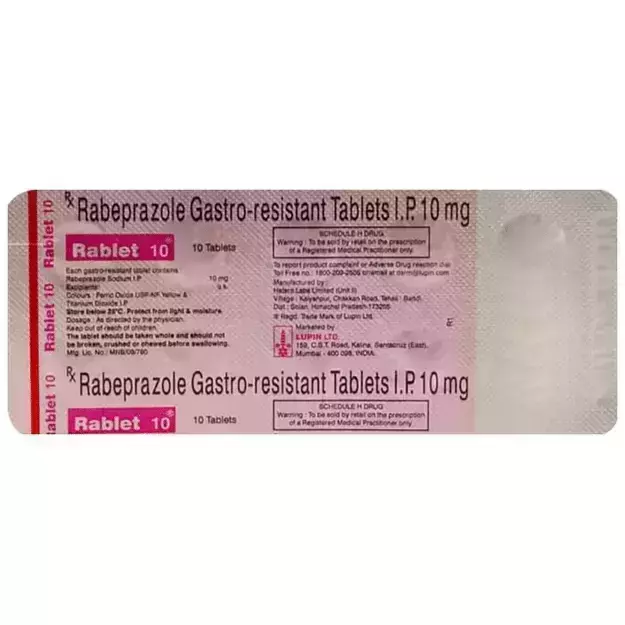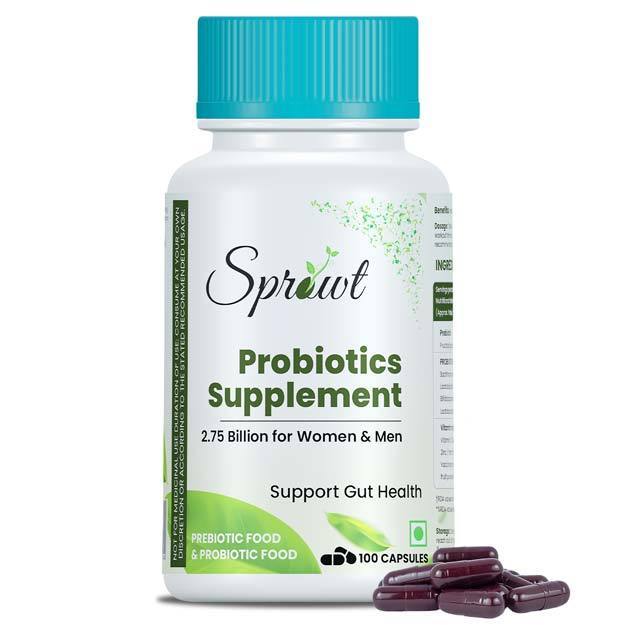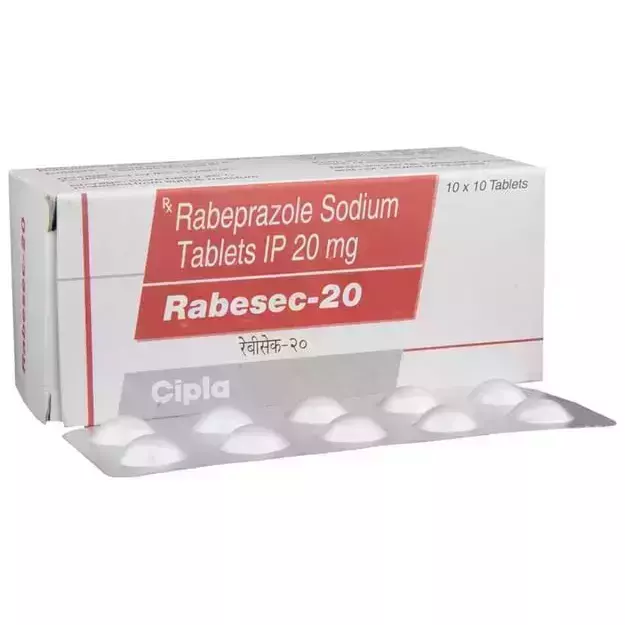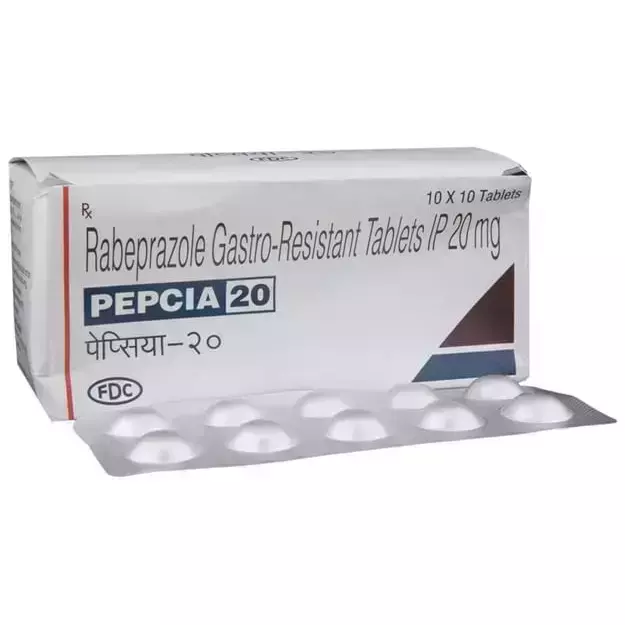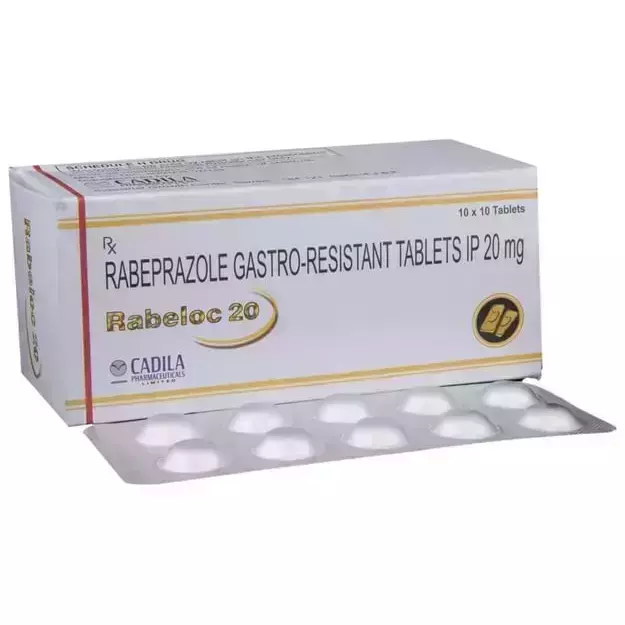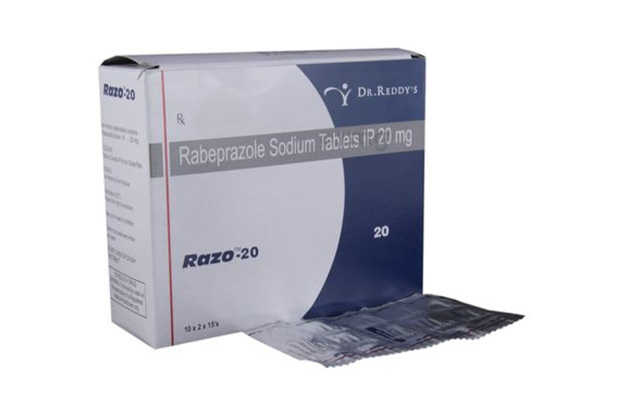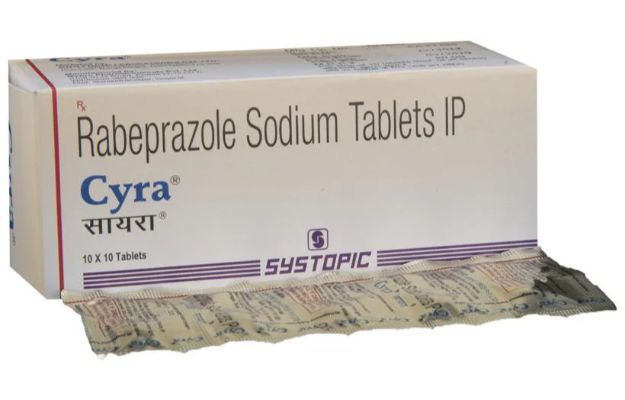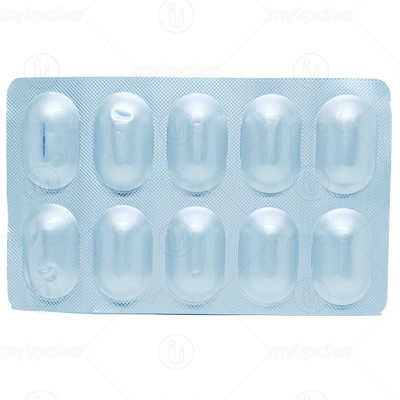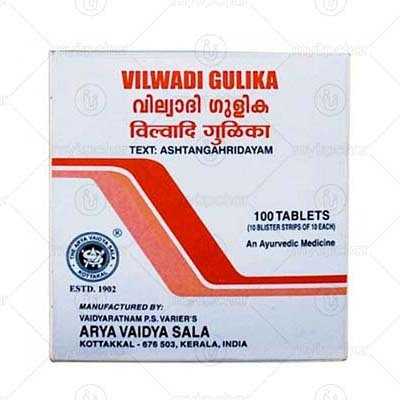Rabera is a prescription drug, available for use as Tablet. It is typically used for the treatment of Acidity. Rabera also has some secondary and off-label uses. These are listed below.
The correct dosage of Rabera depends on the patient's age, gender, and medical history. The condition it has been prescribed for, and the route of administration also determine the right dosage. This information has been provided in detail in the dosage section.
Common side effects of Rabera include Diarrhoea. Some other side effects of Rabera have been listed ahead. Normally, these side effects of Rabera are not long lasting and go away when the treatment is finished. If, however, they worsen or do not go away, please speak with your physician.
Furthermore, you should know that effect of Rabera is Safe for pregnant women and Moderate for women who are breastfeeding. It is important to know if Rabera has any effect on the kidney, liver and heart. Information on such adverse effects, if any, has been given in the Rabera related warnings section.
Rabera can cause adverse effects in certain medical conditions. It is strongly recommended to avoid Rabera in conditions like Diarrhea (Loose Motions). The section on Rabera contraindications lists all such conditions.
Additionally, Rabera may also adversely react with other medicines. See below for a complete list.
You should also be aware that Rabera is not safe while driving, and is not addiction.
X

